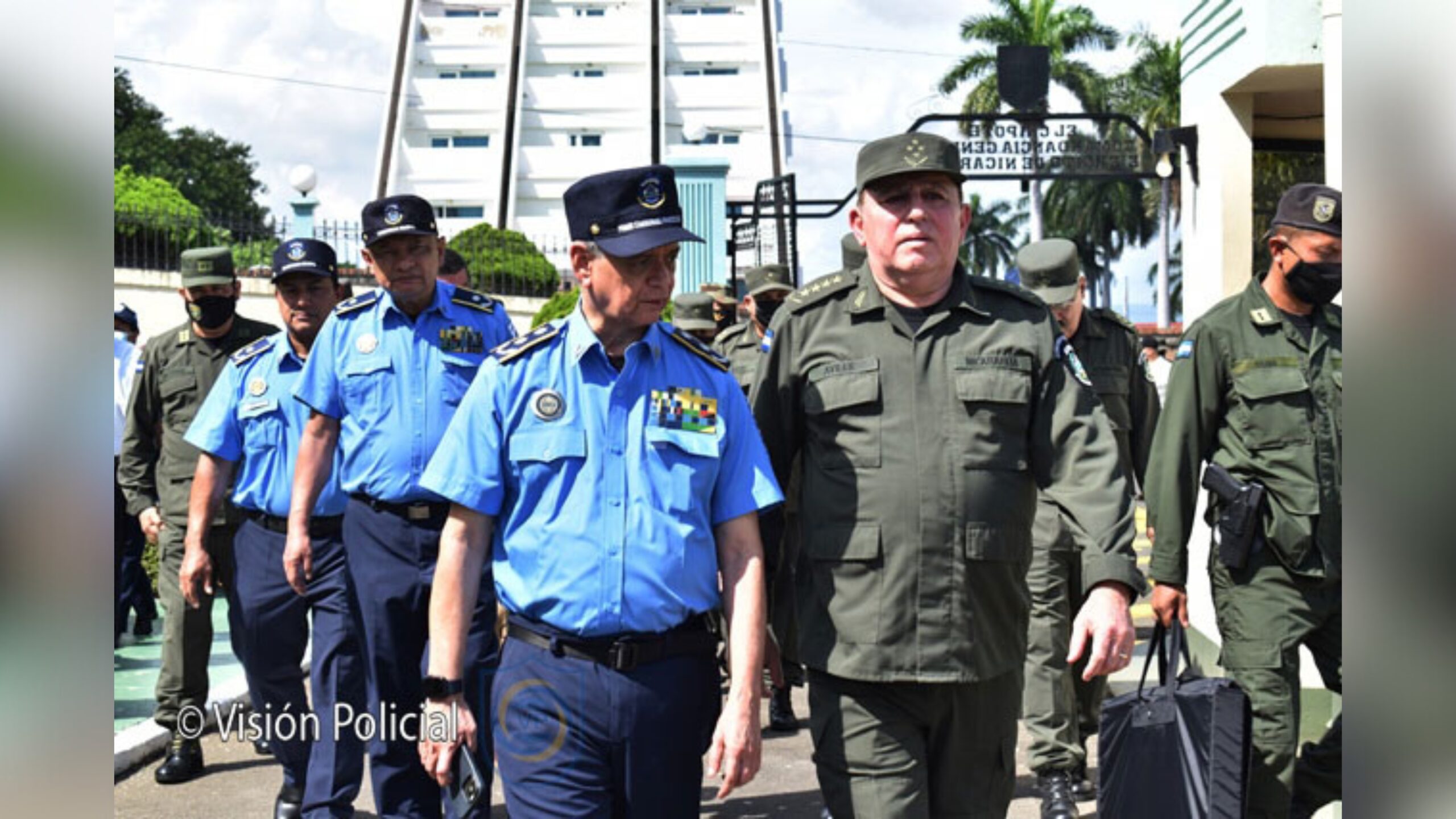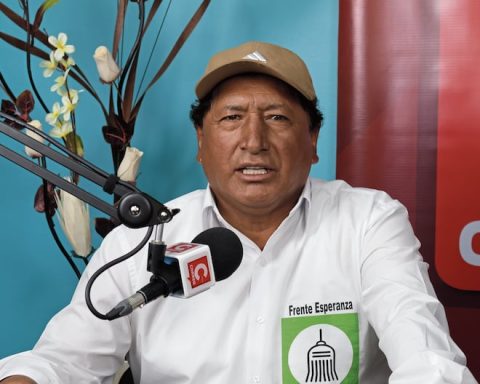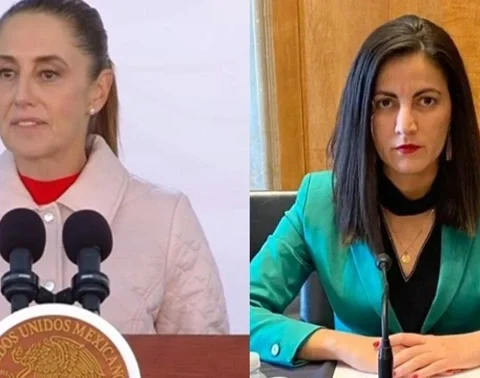Daniel Ortega continues to show signs of his desire to manipulate the Nicaraguan Army and the Police, whom he has dragged until they become armed arms of his dynastic dictatorship.
On this occasion, Ortega is sending two bills to reform the Military Code and the Police Law to extend the term of the head of both institutions to six years.
The first initiative is Law to Reform Law No. 181, Code of Organization, Jurisdiction and Military Social Security. Currently, article 8 of the Military Code establishes that “The Commander in Chief of the Army will be appointed by the President of the Republic at the proposal of the Military Council for a period of five years. The appointment will be made on December 21 and he will take office on February 21 of the year following his appointment. The Military Council’s proposal must be sent to the President of the Republic at least one month before the date of its appointment. “The outgoing Commander-in-Chief of the Army will continue in the exercise of the same until his successor takes office.”
In the reform that is already in the pipeline of the Parliament that operates under Ortega’s orders and that is expected to be approved in the next few hours, as is customary, Ortega establishes that “the Commander in Chief of the Army will be appointed by the President of the Republic at the proposal of the Military Council for a period of six years…».
Regarding the initiative of Law to Reform Law No. 872, Law of Organization, Functions, Career and Special Social Security Regime of the National PoliceOrtega orders to do the same with his father-in-law and current director of the repressive entity.
The current police law establishes in its article 47, on the appointment of the Director General that “The President of the Republic in his capacity as Supreme Chief of the National Police will appoint Director General of the National Police for a period of five years, among the members of the National Headquarters, who have the rank of Commissioner General. The appointment will be made on July 5 of the year in which it corresponds and he will take office on September 5 of the same year.
In his reform initiative, the dictator orders that the provision now reads that “The President of the Republic in his capacity as Supreme Chief of the National Police will appoint Director General Director of the National Police for a period of six years...».
The enthronement of Avilés
Army General Julio César Avilés remains bolted to the position of chief of the military forces since 2010, when he replaced General Omar Halleslevens, the last armed chief who respected the process of professionalization and change of command of the institution.
In 2013, Ortega ordered a reform of the Military Code to make way for the continuity of the leadership and Avilés, who had planned to leave the position in 2015, and decided to pause the replacement process.
In total, Julio César Avilés has accumulated three consecutive terms (2010-2015; 2015-2020; 2020-2025), but with this new reform that the Sandinista Parliament will approve, now the military chief could not only stay for one more period, but which will do so for six years, instead of five.
The breakdown of the Police
Daniel Ortega’s Police also has a past of institutionality. The last professional leader who had this repressive arm, which now operates as a criminal structure to protect the dynastic family dictatorship of the Ortega Murillo, was First Commissioner Edwin Cordero Ardila.
Cordero handed over the police baton in September 2006 to Aminta Granera, a former nun who had made a career in the institution and who maneuvered with former President Enrique Bolaños (2002-2007) to be named Chief of the Police.

Granera was appointed and had been in office for four months when Daniel Ortega assumed the presidency, who later, in January 2010, would be in charge of signing the decree 03-2010which, in an open conflict with the then National Assembly, with an opposition majority, decided to extend the positions of officials of the State Branches whose mandate would expire that year. The initiative was popularly known as “El decretazo.”
Aminta Granera’s term at the head of the Police would end in September 2011, but that is when the maneuver of the Sandinista dictator began, who also decided that Granera would stay, under the criterion that all positions were extendable, regardless of what happened. what the law said.
In 2014, Ortega decided to “legalize” Granera’s re-election and approved a first reform to the Police Law and determined that “The President of the Republic may extend the position of the Director General of the Police.”
National Police according to the interests of the nation”, without establishing limits of this extension.
On July 5, 2016, he did not appoint a new police chief as appropriate and kept Aminta Granera for a third term, until July 31, 2018, when through Presidential Agreement 113-A-2018 he sent her to retirement. In total, the Chief of Police was in office for around 12 years.

Since 2018, the dictatorship installed in office someone who was already deputy director of the institution and who had also become the father-in-law of Daniel Ortega and Rosario Murillo, Commissioner General Francisco “Paquito” Díaz.
Díaz has been in office in blind and total obedience to the orders of his in-laws and does not dispute the orders to have to pull the triggers if necessary and to imprison any citizen who expresses criticism against the Sandinista dictatorship, to contain any civic resistance in the country and consolidate the dynastic regime of the FSLN.


















